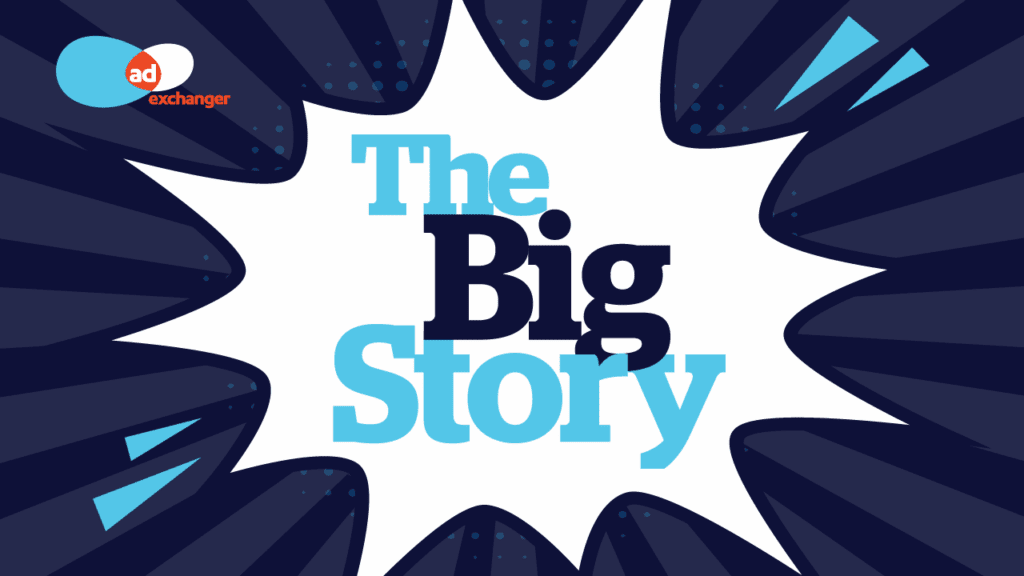Increasing reports of lost consumer data files and disclosures of unauthorized access to sensitive personal data are taking a toll on consumers’ confidence in online commerce, according to a survey by Gartner Inc.
Phishing involves posing as a legitimate Web site to fraudulently obtain consumers’ passwords, credit card numbers and other personally identifiable information.
A poll of 5,000 U.S. adults showed that phishing attacks grew at double-digit rates last year in the U.S. In the 12 months ending in May, an estimated 73 million U.S. adults who use the Internet said they definitely, or thought they received an average of more than 50 phishing e-mails in the past year.
The number of consumers receiving phishing attack e-mails increased 28% over last year, according to the survey. In 2004, an estimated 57 million U.S. adults reported that they definitely, or think, they received a phishing attack e-mail.
A full 2.4 million online consumers reported losing money directly because of the phishing attacks, the survey continued. Of these, approximately 1.2 million consumers lost $929 million during the year preceding the survey. Survey participants indicated that most of the money stolen was repaid by banks and credit cards.
“Companies need to take steps quickly to beef up online security,” said Avivah Litan, Gartner vice president and research director in a statement. “We are seeing unprecedented levels in consumer transactions online. Yet businesses cannot rely on the Internet to lower costs and improve marketing efforts indefinitely if consumer trust continues to decline.”



